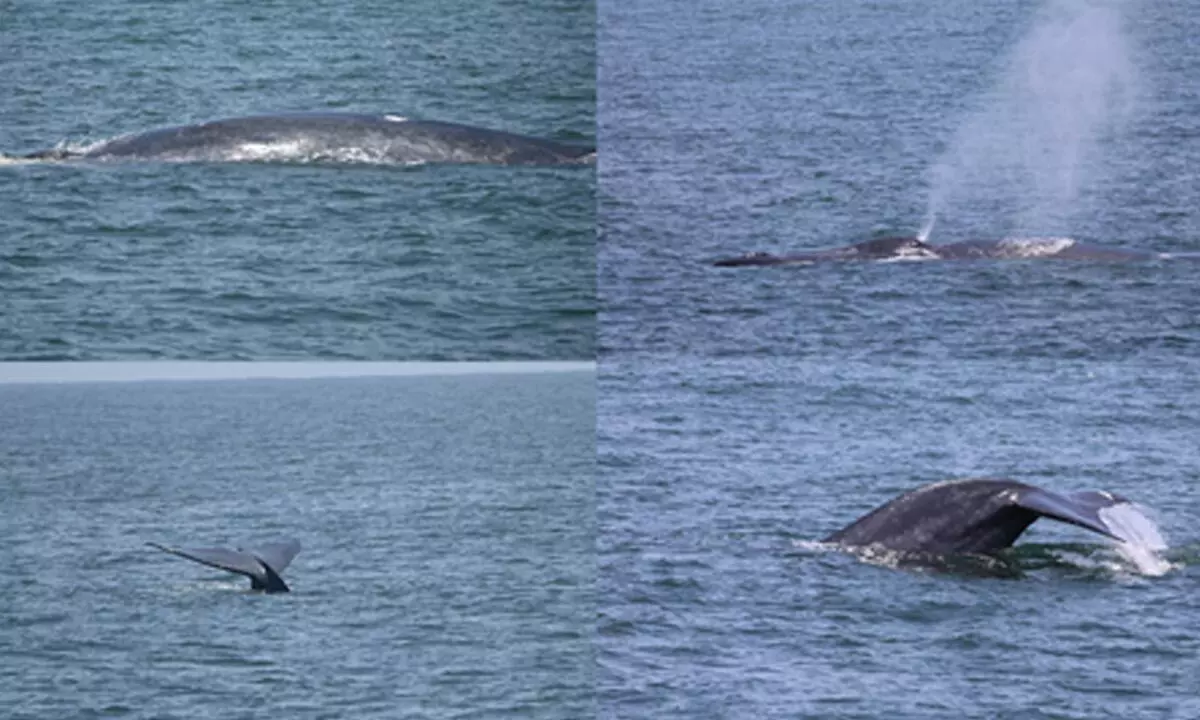Live
- HM Amit Shah directs formation of Central team on Himachal natural disasters
- Monsoon Session: All-party meet concludes, Kiren Rijiju terms it 'very positive'
- CM Stalin to visit Coimbatore and Tiruppur on July 22-23
- Monsoon Session: Oppn to corner Centre on Op Sindoor, Bihar SIR issue
- NSG conducts counter-hijack exercise at Kolkata Airport
- Haryana seamer Anshul Kamboj added to India Test squad as injury cover
- 'Who is responsible for bloodshed?', Uddhav Thackeray slams Centre over Pahalgam terror attack
- PM Modi among those with highest attendance in Parliament, says Kiren Rijiju
- Patna hospital murder case: Main accused among 4 arrested in Kolkata
- From ‘Bengal in danger’ to ‘Bengalis in danger’, Mamata Banerjee’s new narrative before 2026 polls








